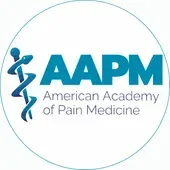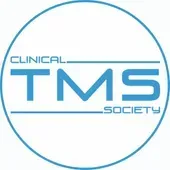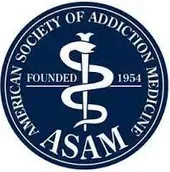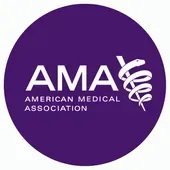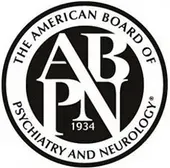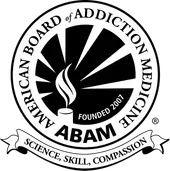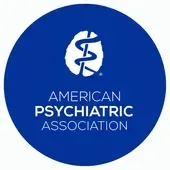TMS Therapy for Depression in Chestnut Hill
Safe, Non-Invasive Treatment for Lasting Relief from Depression
TMS Therapy for Depression in Chestnut Hill
When you’re living with depression that doesn’t seem to lift — even after trying medications or therapy — it can feel like you’re out of options. At
Wave Treatment Centers in Chestnut Hill, we want you to know there is still hope.
We specialize in TMS Therapy (Transcranial Magnetic Stimulation) — a safe, non-invasive treatment proven to help people find relief from treatment-resistant depression. Our team provides expert clinical care in a calm, supportive environment where you’ll always be treated with understanding and respect.
A New Path When Other Treatments Haven’t Helped
Many people who come to us have tried antidepressants or counseling without success. TMS offers a different approach — one that helps “reawaken” the areas of your brain responsible for regulating mood and emotional balance.
Using gentle magnetic pulses, TMS stimulates these underactive regions, improving communication within the brain and helping reduce symptoms of depression. The treatment is FDA-approved, medication-free, and doesn’t require anesthesia or downtime.
You can simply relax in our comfortable Chestnut Hill office and return to your day right after your session.
What to Expect During TMS Therapy
At Wave Treatment Centers, we tailor every treatment plan to your needs. Here’s what your experience will look like:
- Comfortable, in-office treatments — Each session lasts about 20 minutes. You’ll be awake, alert, and able to drive yourself home afterward.
- Flexible scheduling — Appointments are typically five days a week for several weeks.
- FDA-approved and proven effective — TMS has been helping people overcome depression since 2008.
- Compassionate support — Our care team walks beside you every step of the way, helping you regain hope and emotional balance.
Rediscover Relief and Restore Your Life
Depression doesn’t define you — and it doesn’t have to control your future.
At
Wave Treatment Centers in Chestnut Hill, we’re dedicated to helping you find real, lasting relief through TMS therapy.
If you’ve been searching for a treatment that works when nothing else has, it’s time to take the next step.
Contact our Chestnut Hill office today to schedule your consultation and learn more about TMS for depression.
Start your Healing Journey
A healthier, happier life starts here — talk to our caring staff today.
Chestnut Form Submission
Frequently Asked Questions
Dr Beatty and the Wave Treatment Centers have literally saved my life. I cannot say enough. Prior to, I had tried over 12 SSRI/SNRI’s. All bringing their own unique side effects with them. TMS was introduced as an option. After I initially laughed at the thought of this, I decided to look further into it. This is an option that has a high success rate, without swallowing a pill. Without swallowing a pill! That’s a no brainer.
I would highly recommend this form of treatment and Dr Beatty to any family member or friend. He is the expert you see when you’re tired of dealing with nonsense from other Drs.
D. Miller





